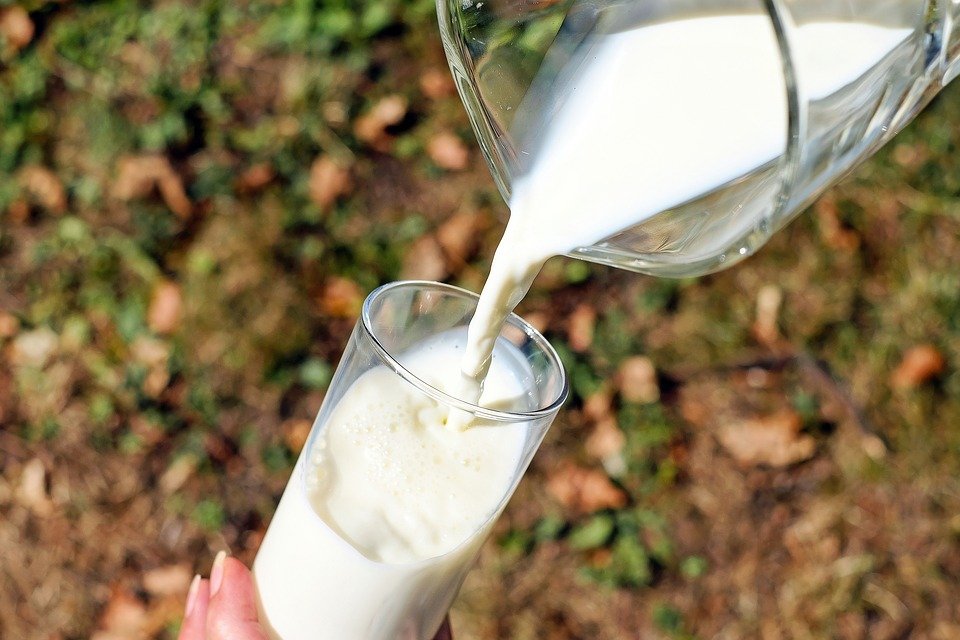Inside BENEO’s new pulse plant: pioneering sustainable protein from faba beans
The Cabinet Committee on Economic Affairs, chaired by Narendra Modi has approved a Dairy Processing & Infrastructure Development Fund” (DIDF) with an outlay of Rs 10,881 crore during the period from 2017-18 to 2028-29.
Consequent to the Union Budget 2017-18 announcement, Dairy Processing & Infrastructure Development Fund will be set up as a corpus of Rs 8004 crore with National Bank for Agriculture and Rural Development (NABARD), the Expenditure Finance Committee has given approval for;
Allocation of Rs 864 Crore for meeting interest subvention will be released to NABARD over a period of 12 years covering the entire loan repayment period from 2017-18 to 2028-29.
The project will focus on building an efficient milk procurement system by setting up of chilling infrastructure & installation of electronic milk adulteration testing equipment, creation/modernization/expansion of processing infrastructure and manufacturing faculties for Value Added Products for the Milk Unions/ Milk Producer Companies.
The project will be implemented by National Dairy Development Board (NDDB) and National Dairy Development Cooperation (NCDC) directly through the End Borrowers such as Milk Unions, State Dairy Federations, Multi-state Milk Cooperatives, Milk Producer Companies and NDDB subsidiaries meeting the eligibility criteria under the project. An Implementation and Monitoring Cell (IMC) located at NDDB, Anand, will manage the implementation and monitoring of day-to-day project activities.
With this investment, 95,00,000 farmers in about 50,000 villages would be benefitted. Additional Milk processing capacity of 126 lakh litre per day, milk drying capacity of 210 MT per day, milk chilling capacity of 140 lakh litre per day, installation of 28000 Bulk Milk Coolers (BMCs) along with electronic milk adulteration testing equipment and value added products manufacturing capacity of 59.78 lakh litre per day of milk equivalent shall be created.
Initially 39 MUs the Department will start the project with 39 profit making milk unions of 12 States, other Milk Cooperatives which become eligible on the basis of their net worth and profit levels, in subsequent years, to apply for loan under DIDF.
The implementation of DIDF scheme will generate direct and indirect employment opportunities for skilled, semi-skilled and unskilled manpower. Direct employment opportunities for about 40,000 people will be created under the scheme through project activities like expansion & modernisation of existing milk processing facilities, setting up of new processing plants, establishment of manufacturing facilities for value added products and setting up of Bulk Milk Coolers (BMCs) at village level.
With the increase in milk procurement operations of the Milk Cooperatives, there would be generation of additional manpower employment for supervision of increased milk procurement operations, transportation of milk from villages to processing units, and increased input delivery services like Artificial Insemination (AI) services, Veterinary Services, etc.

